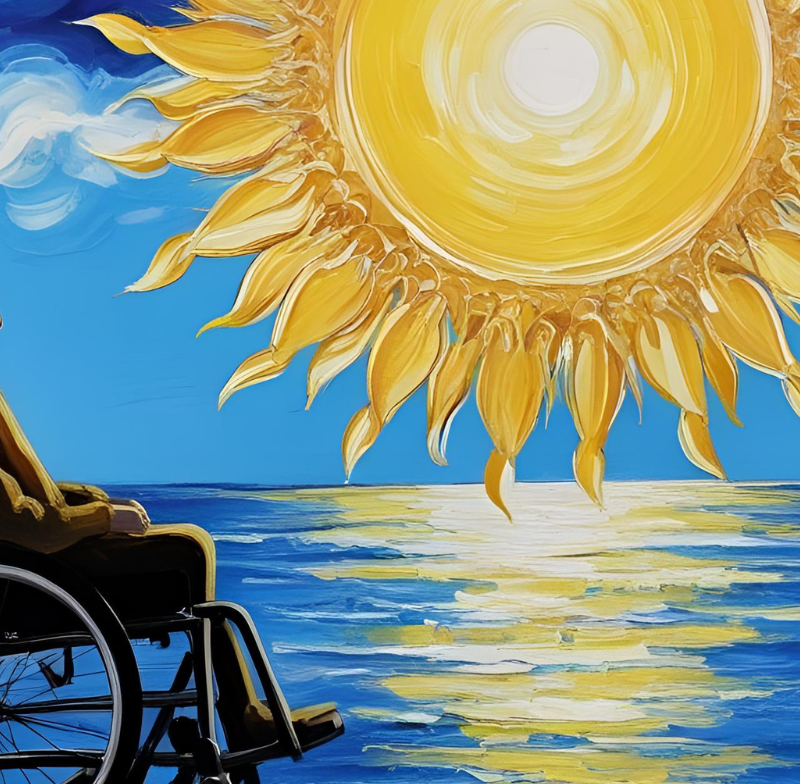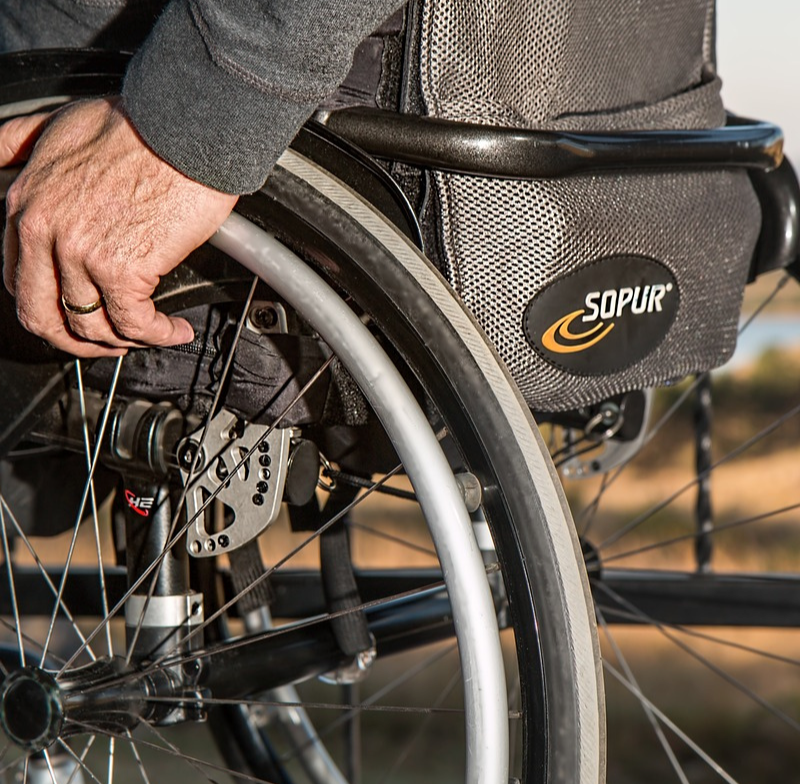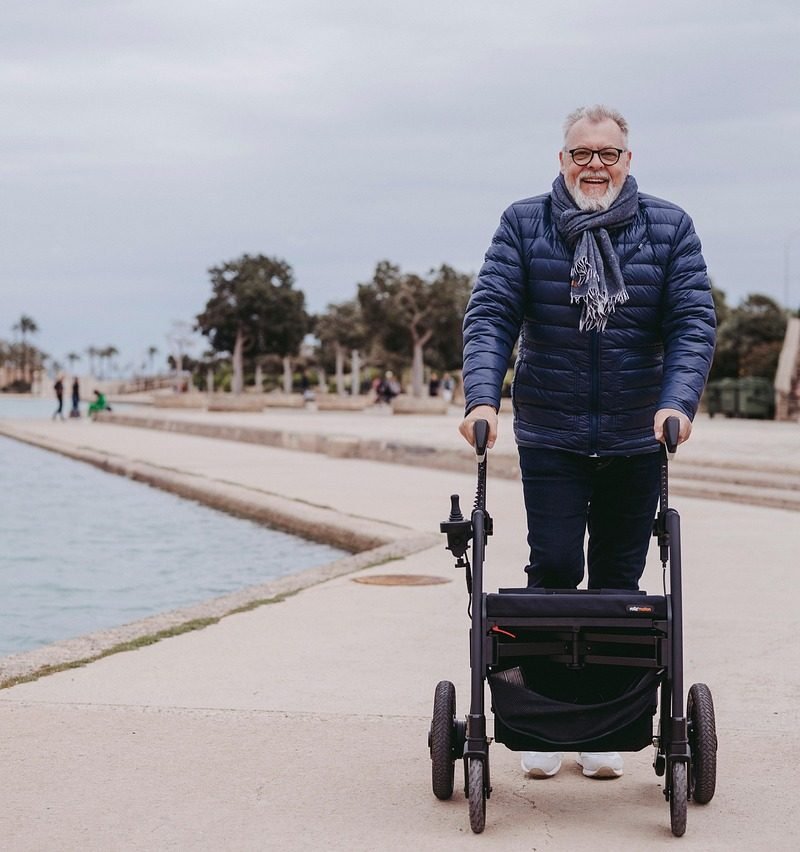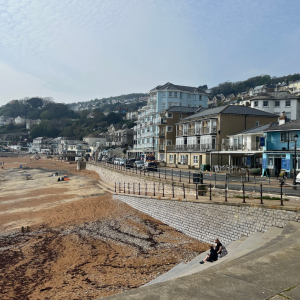Living with a disability can come with unique challenges and limitations, but it does not define who you are. Instead, it shapes a part of your journey and provides an opportunity to build resilience, creativity, and strength. For many people in the UK, living independently with a disability is not only possible but empowering. With the right support, mindset, and practical adaptations, you can create a fulfilling and autonomous life. Below are some detailed tips to help you thrive in independent living.
Start Slowly and Build Confidence Over Time
One of the most crucial steps in achieving independence is to start slowly. Begin by taking control of small daily decisions, such as choosing what to cook for dinner or picking out your clothes for the day. These simple choices can help you gradually build confidence and ease the fear and anxiety that can come with change. Independence isn’t about doing everything on your own immediately—it’s a process of learning what you’re capable of and setting small, achievable goals that lead to larger milestones. By celebrating these daily wins, you’ll begin to realise just how much you’re capable of doing.
Modify Your Home for Safety and Accessibility
Your living space should support your independence, not hinder it. Start by removing tripping hazards like rugs or loose carpets. These can be especially dangerous for individuals with mobility impairments or balance issues. Declutter your home and arrange furniture to create wide, clear walkways that accommodate wheelchairs, walkers, or other assistive devices. Consider the placement of everyday items: things you use often should be within easy reach to minimise strain or risk of injury.
Get a Shower Chair for Safer Bathing
Bathrooms can be one of the most hazardous places in a home for someone with a disability. Installing a shower chair is a practical and inexpensive way to make bathing safer and more comfortable. These chairs provide support and stability, reducing the risk of falls. Pairing the chair with grab bars and non-slip mats can significantly improve your safety and confidence when using the shower. There are many different types of shower chairs available in the UK, some with wheels or adjustable legs, so you can choose one that best suits your needs.
Lower Surfaces Where Needed
Standard kitchen counters, sinks, or desks might be too high for some wheelchair users or those with limited mobility. If this is the case, lowering these surfaces or investing in adjustable furniture can make daily tasks more manageable. You can work with an occupational therapist to assess your space and recommend adjustments. These modifications make it easier to cook, clean, and complete other everyday activities without assistance, contributing greatly to a sense of self-sufficiency.
Install Ramps for Easier Mobility
If you use a wheelchair, walker, or mobility scooter, ramps are essential for entering and exiting your home safely. In the UK, local councils may offer grants through the Disabled Facilities Grant (DFG) to help cover the cost of installing ramps and other home modifications. Portable ramps are also a useful option for temporary use or for taking with you when visiting places that may not be fully accessible. The goal is to reduce physical barriers and make every part of your home and life easier to navigate to make living independently possible.
Create a Support Network You Can Rely On
While independence is important, no one achieves it entirely alone. Building a support network of family, friends, neighbours, or even support groups can provide emotional and practical assistance when needed. Sometimes, just knowing that help is a phone call away can make you feel more secure and confident in living independently. Your support network can also offer encouragement during tough times and celebrate your achievements with you. Don’t hesitate to reach out to local disability charities and organisations in the UK, such as Scope or Leonard Cheshire, which offer resources and peer connections.
Find a Hobby That Brings You Joy
Engaging in a hobby can have a profoundly positive impact on your mental and emotional well-being. Whether it’s painting, knitting, playing an instrument, gardening, or playing video games, hobbies provide a sense of purpose and a constructive way to spend your time. They also help you develop new skills and build confidence. If you’re not sure where to start, many community centres and online platforms offer inclusive activities designed for people with a wide range of abilities. Some even offer virtual workshops that you can join from the comfort of your home.
Live as Healthily as You Can
Maintaining your health is a vital component of independent living. While managing a disability may already involve regular medical appointments or therapy, focusing on your overall well-being, through proper nutrition, staying active in any way you can, and getting enough rest, can help you feel your best. If possible, consult with a physiotherapist or nutritionist who can tailor a plan to your specific needs. Staying healthy not only boosts your energy and mood but also reduces the risk of secondary health issues that can affect your independence.
Maintain a Positive Attitude and Self-Belief
Mindset matters. Believing in yourself and maintaining a positive attitude can have a powerful effect on your daily life. This doesn’t mean pretending everything is perfect, but rather focusing on what you can do, not just what you can’t. When you encounter setbacks—which is normal for everyone—try to treat them as opportunities to learn rather than failures. Practising gratitude, keeping a journal, or simply acknowledging your daily accomplishments can help shift your focus toward the positive.
Don’t Be Afraid to Ask for Help
Asking for help does not mean you are not independent. In fact, recognising when you need assistance and being proactive in seeking it is a strength, not a weakness. Whether it’s reaching out to a friend, asking your doctor about adaptive equipment, or applying for government support, using available resources is a smart and responsible way to support your independence. The UK has numerous services dedicated to helping individuals with disabilities, including Access to Work, Motability, and the Personal Independence Payment (PIP). Learn what’s available and don’t hesitate to advocate for your needs.
Living independently with a disability in the UK is entirely achievable with the right mindset, practical adaptations, and support systems in place. Remember that your disability doesn’t define you—it’s one part of your identity and presents challenges that, while significant, can be managed and overcome. Start with small steps, make your home work for you, build a community, take care of your health, and stay open to joy and support. Independence is not about doing everything alone; it’s about living your life on your terms with the tools and allies you need to succeed.
What aspect of living independently would you like more guidance on next?
Discover more from The Blue Badge Blog
Subscribe to get the latest posts sent to your email.




Leave a Reply